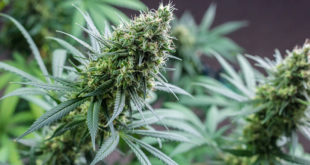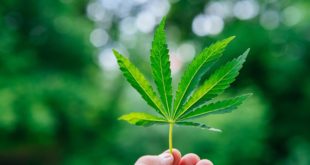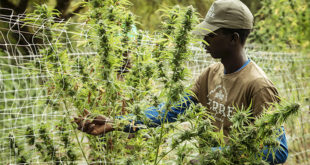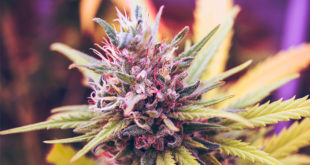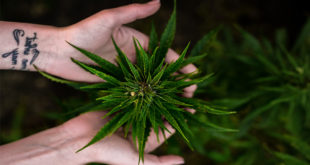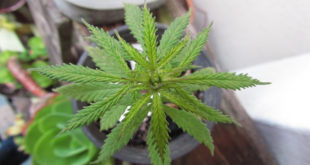
Alaska’s marijuana dispensaries offer safe, tested products in renovated retail spaces with knowledgeable budtenders. The cost of this experience is hefty, leaving some connoisseurs still buying from the black market. More retailers are opening but lower prices aren’t expected in the near future.
Alaska has 23 recreational marijuana shops statewide, according to ADN.com. Forty-five growers have also been approved. Not all growers have produced product yet – some are waiting to harvest. The lack of supplying cultivators leaves little room for competitive pricing.
Leslea Nunley from Tanana Herb Co. said, “We’ve all been kind of surprised at the way it’s gone so far … I really thought there would be more of a supply out there.”
Regarding Tanana Herb Co.’s grow is concerned, it’s already been claimed. Nunley said, “before we even plant it.”
She says that a pound of “top-shelf” recreational marijuana sells for $4,200 to $5,800. The lack of supply has allowed growers to determine their own prices. Greatland Ganja’s Leif Abel charges roughly $5,000 per pound with taxes, delivery and packaging included. Twenty retailers want his crop.
Abel said, “Unfortunately for them they have little bargaining power…we’ve simply had no reason to drop the price.”
In Colorado, from May through October 2016, recreational marijuana sold for an average of $1,471 per pound.
With Alaska’s supply issues, the end cost to the user makes marijuana cost between $9,000 and $11,300 per pound. This means that a single gram costs between $20 and $25. Eighths sell for $60 to $88. Alaska’s black market sells eighths for about $40.
Businesses say that the state tax set at $800 per pound plus testing lab fees, specific packaging and required insurance have driven up the end price for consumers. Alaska’s cost of operating a business are higher than other states as well.
Regarding revenue, Abel said, “It gets eaten up quick.”
Daniel Peters of Goodsinse in Fairbanks also cultivates for his retail shop. His prices meet black market pricing.
Peters said, “I just choose not to take the maximum profit, that’s all.”
 Alaska Marijuana | AK Marijuana Alaska Marijuana Info And News
Alaska Marijuana | AK Marijuana Alaska Marijuana Info And News
